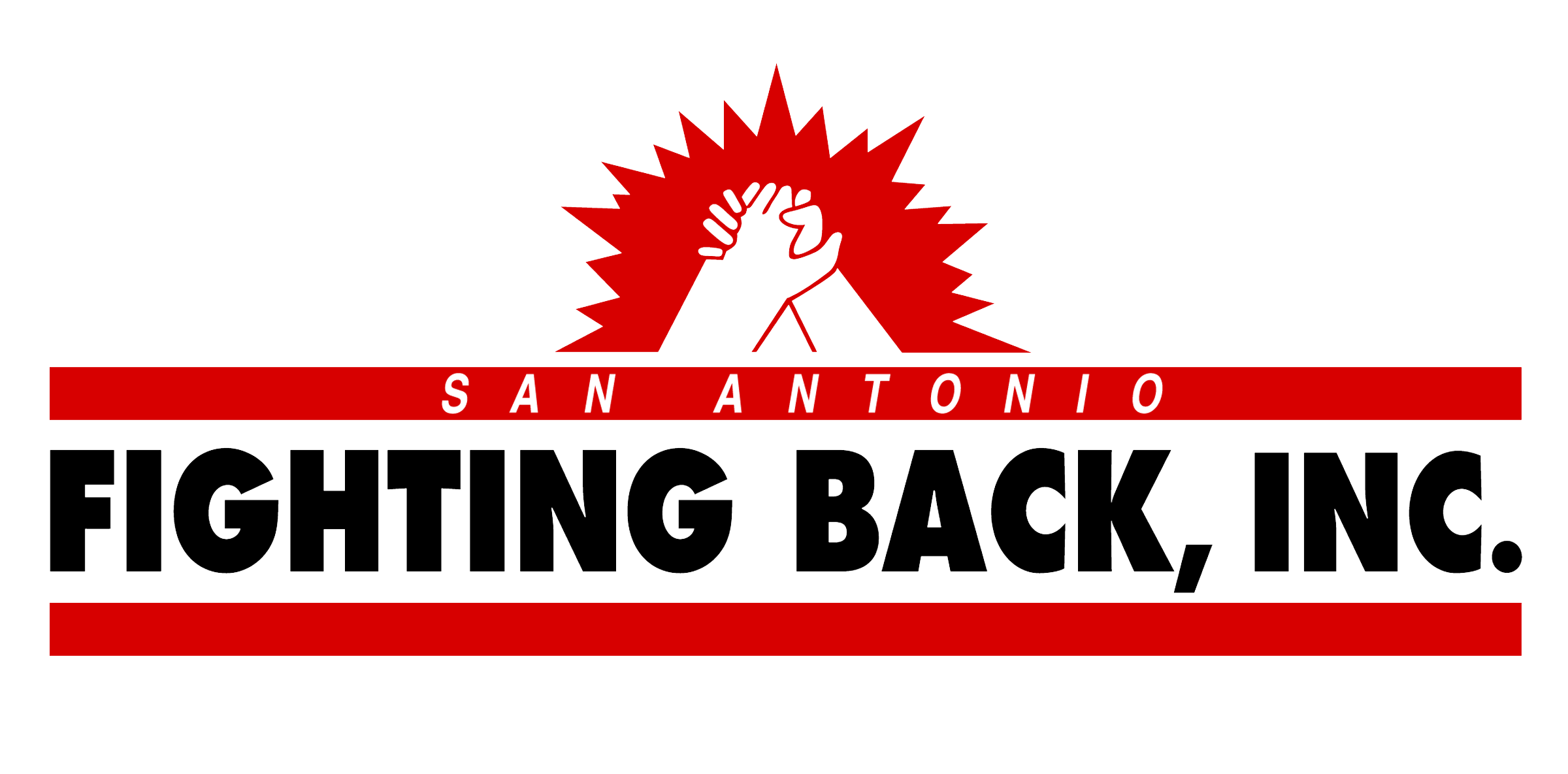A National Discovery Process
“When Americans are given hope and a mission, and a few bucks, they get fired up,” says Dr. Spickard. “People will work 14 hours a day. We’ve all seen this happen and done it ourselves.” It was this kind of energy that fueled the Fighting Back program. For seven years, groups of hard-working, committed individuals joined hands to tackle the problems of substance abuse in their communities. Many worked together across long-standing barriers of class, race and education. Some successfully bridged the gap between competing agencies, between professionals and volun-teers, and even between city government and neighborhood residents. Like the opening of Pandora’s box, the program unleashed unpredictable forces. Site after site discovered that before they could create a community-wide system to address substance abuse, they first needed to organize or even recreate their communities. As always, community organizing was no small task. In the effort to bring competing, sometimes mutually hostile forces to the same table, Fighting Back project directors frequently stretched the program’s parameters beyond those intended by the Robert Wood Johnson Foundation. This expansion resulted in extensive dialogue and, in some cases, adjustments in the original design. A budget approval process, directed by both the National Program Office and the Foundation, oversaw major project expenditures and helped keep sites focused on substance abuse. In the process of helping their communities move toward effective action, Fighting Back sites became front-line participants in a national discovery process. They gathered a wealth of knowledge and experience about changing
Our History
San Antonio Fighting Back, Inc. owes its existence to the Robert Wood Johnson Foundation (RWJF) which began an experiment back in the early 1990’s. Faced with a decade of substance abuse that had reached an all-time high, the Foundation, known as the nation’s largest philanthropy devoted exclusively to health and health care, set out to reduce the personal, social and economic harm caused by substance abuse: tobacco, alcohol and illicit drugs.
To achieve that goal, RWJF announced it was accepting proposals for a new program called the Fighting Back initiative. The entities awarded grants would take a grass-roots approach to reducing the demand for alcohol and illegal substances. The key component to this project was that the grantee could tailor the program to suit community needs.
In 1989, fed up with the rise of crime and violence in their community, a group of San Antonio citizens came together to iron out a plan of action. The groups understood that if they reduced crime and violence, they would eventually cut to the root of the problem, substance abuse. Having created short and long term plans, the citizens group joined forces with the United Way of San Antonio and Bexar County and submitted a proposal to RWJF. The following year, the proposal was accepted and the United Way of San Antonio and Bexar County added a new department to its agency. San Antonio Fighting Back(SAFB) of United Way was born.
SAFB became one of 14 Fighting Back sites across the country and is the only such program in Texas. Today there are only two sites left in the country, which SAFB is one. Each site was tasked with reducing the demand for alcohol and illegal substances. However, sites traditionally would not provide direct services to the community. Rather, FB sites would act as the bridge between community people and local, state and federal agencies, and law enforcement entities to create longstanding systemic changes. Unlike its counterparts, SAFB conducted its work within a specific target zone: a 25-mile area on the East and Southeast sectors of the city.
Over the years, SAFB has conducted a variety of programs designed to impact its four goals of increasing treatment accessibility, reducing drug-related crime, preventing youth and adult substance abuse and preventing HIV/AIDS infection. Today those programs include on-going efforts from Operation Weed & Seed, Value-Based Violence Prevention Initiative, Drug Prevention Programs, Ex-Offender Transition Services, and most recently; Project HOPE and Strengthening Youth to Succeed.
For a more in-depth historical overview please read the Robert Wood Johnson Foundation (RWJF) summary report on Support From “San Antonio Fighting Back” to Community Coalitions Increases Substance Abuse Treatment and Reduces Crime.
